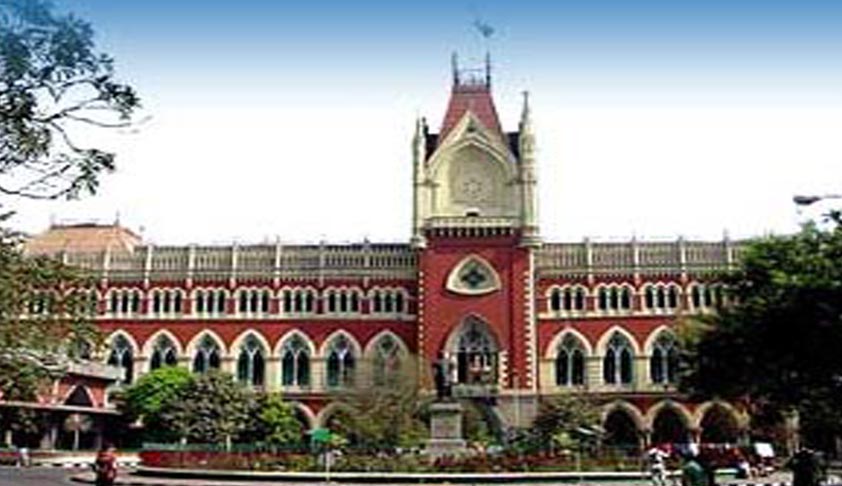A person is not entitled to back wages during the period from the date of his dismissal on account of his conviction in a Criminal Case till the date of his reinstatement after his acquittal; Calcutta HC
LIVELAW NEWS NETWORK
21 May 2016 1:56 PM IST

Next Story


